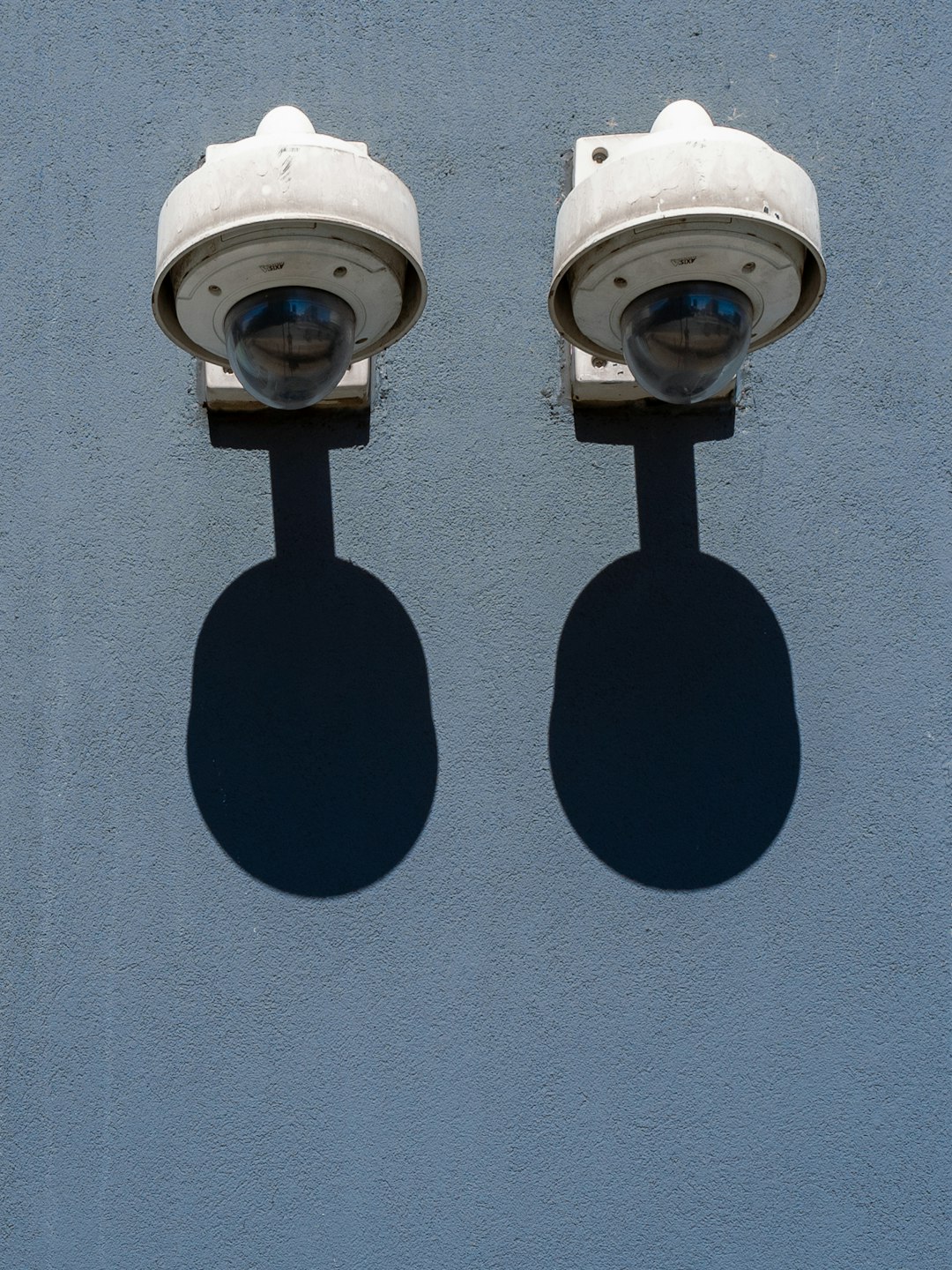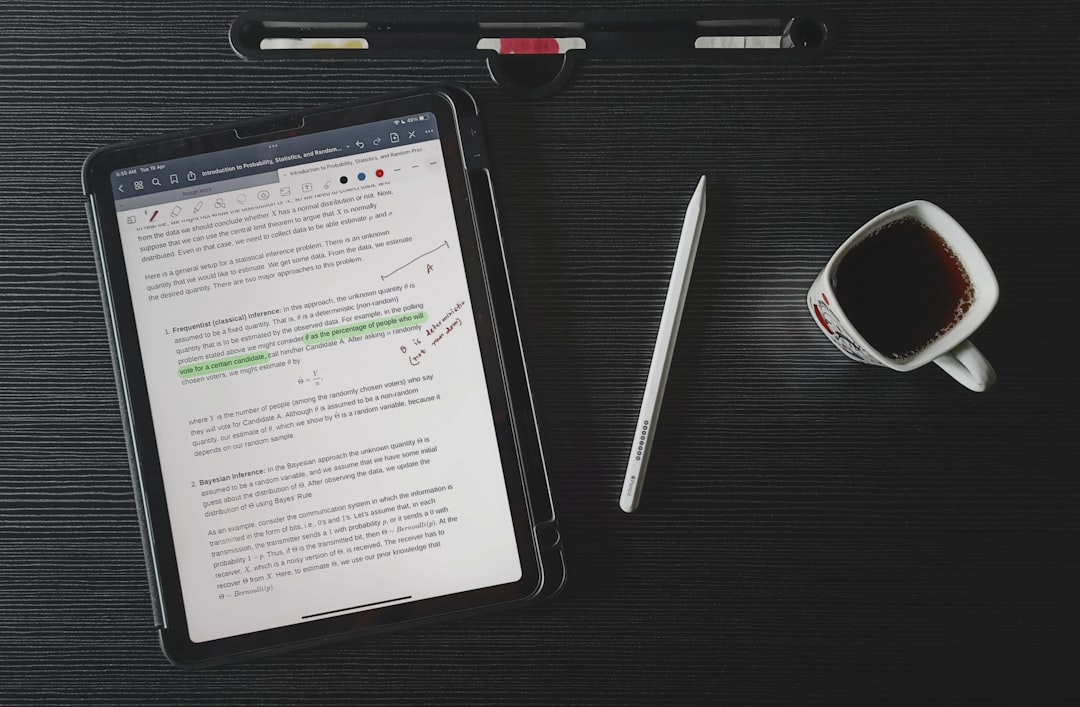
How AI Can Help Catch a Cheating Partner (OopsBusted Guide)
In today’s technologically advanced world, uncovering hidden truths within personal relationships has become increasingly reliant on digital tools. If you suspect your partner might be unfaithful, there are now modern, AI-powered solutions that can aid in uncovering the truth. While no technology should be used to violate privacy unlawfully, tools like artificial intelligence can offer clues and insights that may confirm your suspicions—or provide peace of mind. The OopsBusted Guide explores how AI can support the process of catching a cheating partner, ethically and effectively.
Contents
- 1 How AI Analyzes Behavior
- 2 Facial Recognition and Image Matching
- 3 The Role of Voice Analysis
- 4 AI-Assisted Social Media Monitoring
- 5 AI Chatbots for Information Gathering
- 6 Some Popular AI Tools Used to Catch Cheaters
- 7 Can AI Predict Infidelity Before It Happens?
- 8 Ethical Considerations
- 9 When to Seek Professional Help
- 10 Conclusion
How AI Analyzes Behavior
Artificial Intelligence thrives on patterns. In terms of relationships, people generally develop consistent routines in how they communicate, behave, and interact online. When infidelity enters the equation, these patterns often change—sometimes subtly, sometimes drastically. AI systems can analyze behavioral data from various sources such as text messages, social media activity, GPS locations, and emails to detect anomalies.
Here are a few ways AI can monitor and interpret behavioral shifts:
- Message Sentiment Analysis: Using Natural Language Processing (NLP), AI can assess the tone and content of messages. A sudden drop in affectionate language or increased secrecy in communication could be red flags.
- Call Log Patterns: Who is your partner talking to most frequently? Are there numerous short, late-night calls to unfamiliar numbers? AI can compile and analyze call data to highlight inconsistent patterns.
- Location Data Monitoring: AI apps can analyze GPS data to flag unfamiliar or frequent destinations that may not align with your partner’s usual routine.
These forms of analysis can reveal subtle signs of deception, but they should always be interpreted in context. Any anomalies identified should act as prompts for honest conversations—not instant accusations.
Facial Recognition and Image Matching
Another compelling application of AI in infidelity investigations is image recognition and facial analysis. Tools like reverse image search allow you to find out where else a picture has been used on the internet. Suppose your partner tells you they’re going on a solo business trip, yet a photo surfaces online showing them at a couples’ retreat. That discrepancy can be quickly uncovered with AI.
Advanced AI applications can cross-reference photos against social media databases or match mysterious images in someone’s photo album with public profiles on dating apps or social networks.

The Role of Voice Analysis
Voice patterns offer another fascinating avenue for AI-driven insights. By evaluating voice pitch, tone, cadence, and pauses, AI can assess potential deception. Although not 100% reliable as a lie detector, AI-assisted voice analysis has been used in many domains, from fraud investigations to customer service calls. In relationships, changes in voice stress or speech content might indicate emotional shifts.
AI-Assisted Social Media Monitoring
Social media is one of the biggest stages where hidden relationships are inadvertently revealed. With so much data available, AI tools like machine learning bots and scrapers can:
- Detect new or hidden social media accounts
- Analyze patterns of likes, DMs, and comments to identify frequent interactions with specific individuals
- Highlight secret event check-ins or tagged photos that a user may have hidden from their significant other
These tools are especially powerful when combined with facial recognition, which can identify your partner in online images—even if they’re not tagged.
AI Chatbots for Information Gathering
Imagine chatting with a chatbot that helps guide your inquiry into a suspicious behavior pattern. These AI bots can ask you clarifying questions, guide you to possible explanations, and even simulate scenarios to see how likely infidelity could be. Additionally, some law enforcement-grade AI tools are capable of scraping compromised databases from the dark web—revealing if your partner’s email appears in dating app login leaks or extramarital affair sites.
Some Popular AI Tools Used to Catch Cheaters
In the past, private investigators were often the go-to method. Today, software and AI tools are becoming the new detectives. Here are a few of the most commonly used AI and tech tools:
- Replika or Similar Chatbots: Helps simulate conversations to test reactions or to collect self-reflective insights.
- FaceCheck.ID: Reverse image search for identifying individuals across multiple platforms.
- GeoZilla: Location-tracking app with AI-driven routines and suspicious movement alerts.
- Sygic Family Locator: AI-enhanced GPS tracking and travel history logging.
Keep in mind that while many of these tools are legal, they often come with conditions regarding consent. Always verify the legal guidelines applicable in your country or state before using any surveillance technology.

Can AI Predict Infidelity Before It Happens?
Interestingly, some relationship researchers have begun developing AI that doesn’t just detect cheating—it tries to predict who might cheat based on psychological and behavioral factors. Feeding AI models with data on personality traits (like high narcissism or low conscientiousness), relationship satisfaction levels, and even financial behavior has shown promising results in predicting infidelity risks.
This preemptive approach isn’t about accusing your partner beforehand but can be useful in couples’ counseling or relationship coaching. Knowing your triggers and tendencies through AI-generated feedback may actually assist in strengthening your relationship.
Ethical Considerations
Just because you can, doesn’t mean you should. When using AI to track or analyze another person’s behavior, especially someone you’re in a relationship with, ethical and legal lines can be blurry. Here are a few best practices to keep in mind:
- Consent: Monitoring your partner without their knowledge can lead to legal issues, including charges of invasion of privacy.
- Purpose: Use AI as a way to gather clarity, not to punish or control someone.
- Evidence vs. Dialogue: Technology should support healthy communication, not replace it. Use findings to engage in honest conversations.
When to Seek Professional Help
If you do find actionable insights via AI tools, the next best step might not be confrontation—it could be counseling. Professional relationship counselors, therapists, or even legal advisors can help you decide the most constructive next move. Emotional distress, misunderstandings, and misinterpretations are all very real risks when relying solely on technology for answers.
In cases where you seriously suspect cheating but don’t feel comfortable taking matters into your own hands, hiring a licensed private investigator (who may also use tech-based tools) can yield results with legal backing and ethical procedures.
Conclusion
AI has become an unexpected ally in uncovering relationship truths, but it should be used cautiously and ethically. It’s not about encouraging surveillance but about offering tools to navigate trust issues. If you’re haunted by the feeling that something is off in your relationship, AI can help corroborate your intuition—but ultimately, open communication and mutual respect are your most powerful truth-detecting tools.
Before deploying AI as your private snoop, remember that relationships are built on trust. When trust is broken, technology might help find the cracks—but healing still requires a human touch.
